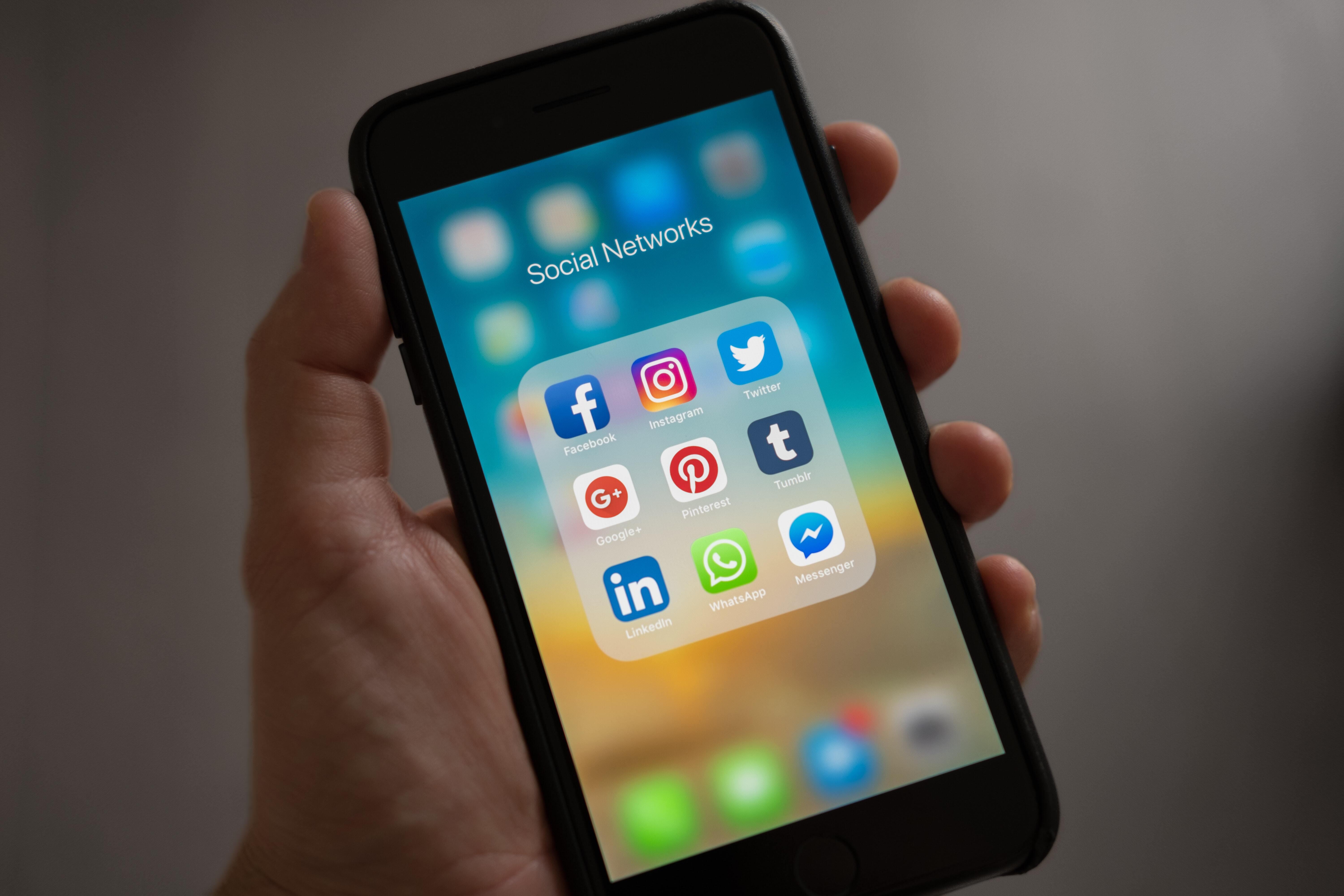Due to the impact of social media on children, some Alabama school systems claim they need money for support and training, according to a new lawsuit filed in the Superior Court of the State of California for the County of Los Angeles.
Baldwin County Schools, Montgomery Public Schools and Tuscaloosa City Schools have filed lawsuits against Meta (Facebook and Instagram), TikTok, YouTube and Snapchat.
"Social media is having a significant impact on our schools from mental health of students to code of conduct and security issues on our campuses," said Baldwin County Schools general counsel Sarah Young. "Just this past year we have been battling the new fad of TikTok challenges here in Baldwin County. There is no expense to the Board of Education with the firm we contracted with, as they get paid only if the school districts are ultimately successful in the litigation."
Beasley Allen, Wagstaff & Cartmell, and Goza & Honnold lawyers represent the school systems.
"The harm created by social media companies has strained already limited school resources as educators attempt to combat the widespread problems caused by social media addiction," said Beasley Allen attorney and JCCP co-lead counsel Joseph VanZandt. "These lawsuits make it clear to social media companies that they will face consequences for their conduct not only from the adolescents they harmed but also from the people and institutions supporting our youth."
VanZandt also serves on the Plaintiffs Steering Committee for the federal Social Media MDL consolidated in the Northern District of California, Oakland.
Beasley Allen attorney Davis Vaughn added, "We must guide our youth through this mental health crisis. To do so, our schools need additional funding, personnel, training and more. Beasley Allen attorneys, along with our co-counsel at Wagstaff Cartmell and Goza & Honnold, seek to help these school districts get the resources they need from the companies that preyed upon our youth."
Beasley Allen has previously filed lawsuits against social media companies for children addicted to the platforms. The claims were that the social media companies do nothing about issues facing children due to their platforms and are only worried about profit. However, these three lawsuits by Alabama school systems are among the first of their kind.
"The complaints allege public nuisance and negligence claims under Alabama law," Beasley Allen said in a statement. "The three districts fall within the top 15 in Alabama based on student population, according to the U.S. Department of Education."
Google spokesperson José Castañeda said on behalf of YouTube, "We have invested heavily in creating safe experiences for children across our platforms and have introduced strong protections and dedicated features to prioritize their well being. For example, through Family Link, we provide parents with the ability to set reminders, limit screen time and block specific types of content on supervised devices."
Castañeda also pointed out that YouTube Kids has turned off autoplay. There are also "take a break" and "bedtime" reminders available. Those features are turned on by default.
"This work is incredibly important and we will continue to explore new ways to protect children online," Castañeda added.
Snapchat responded with the following statement:
"Nothing is more important to us than the wellbeing of our community. At Snapchat, we curate content from known creators and publishers and use human moderation to review user generated content before it can reach a large audience, which greatly reduces the spread and discovery of harmful content. We also work closely with leading mental health organizations to provide in-app tools for Snapchatters and resources to help support both themselves and their friends. We are constantly evaluating how we continue to make our platform safer, including through new education, features and protections."
Snapchat also implemented the "Here For You" initiative in 2020 to assist Snapchatters experiencing mental or emotional crises. The platform helps connect users with expert organizations. Snapchat's Family Center also lets parents know who their teens are friends with on the platform and who they have been communicating with. However, the option does not reveal specific conversations.
1819 News is awaiting responses from Meta, Facebook, Instagram and TikTok.
To connect with the author of this story or to comment, email erica.thomas@1819news.com.
Don't miss out! Subscribe to our newsletter and get our top stories every weekday morning.










